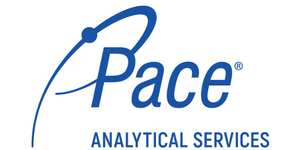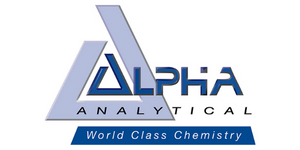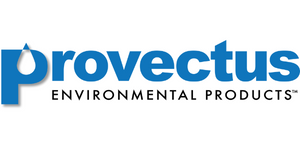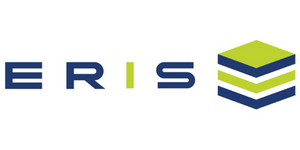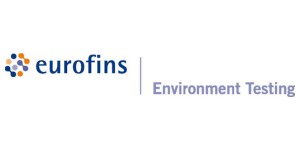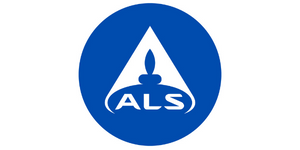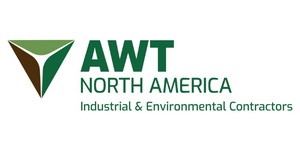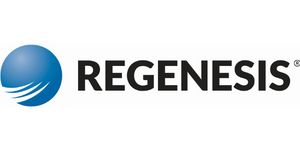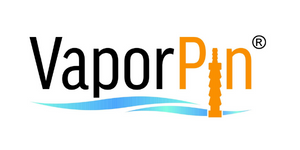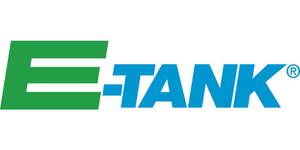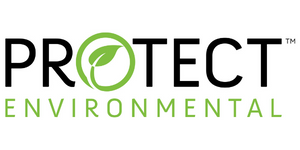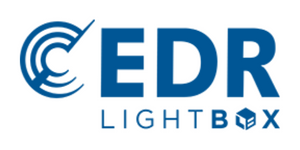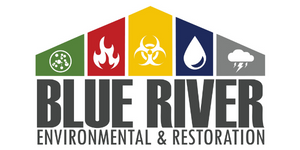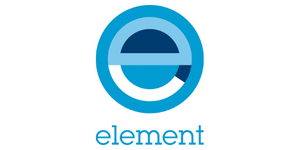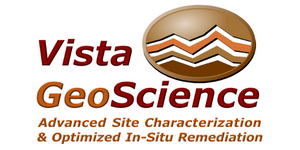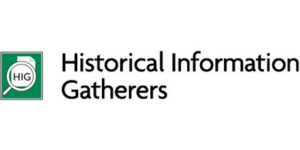WHEN:
Thursday, May 4th
12:00pm – 4:30pm EST
WHERE:
Indiana Government Center South (Conference Center Auditorium)
402 W Washington St, Indianapolis, IN 46204
Join MSECA on Thursday, May 4th for an in-person educational event with four great presentations on Site Investigation & Remediation Design:
12:00 PM – Registration & Exhibit Hall Open
Short Description
1:00 PM – Applying Advanced Site Characterization Technologies for Optimized Remediation Design
John V. Fontana, CPG, CWD, President/CEO, Vista GeoScience LLC
Presentation Description:
Recently published Interstate Technology Regulatory Council (ITRC) guidance has summarized the interlinked topics of implementing advanced site characterization technologies and optimizing in-situ remediation strategies. Both topics are interwoven in the guidance and should be in practice. Most remediation designs are constructed using initial design characterization data, when in fact, additional data needs to be acquired through another phase of work, known as remediation design characterization (RDC). Initial site characterization is completed for the purpose of simply defining the two-dimensional lateral extent of the problem relative to regulations. An RDC collects additional data to characterize all of the related contamination in three dimensions, as well as geology, hydrostratigraphy, geochemistry, biology, and any other parameters needed to select, and apply, specific types of treatments.
The presentation will pull from ITRC guidance and highlight the use of now common high resolution site characterization (HRSC) tool and other field measurements that can help conduct a thorough RDC. Then, also from the guidance, demonstrate the process of RDC, Design, and Implementation (the Design Wheel) and show how it is optimized using an iterative “staircase” of bench testing, pilot testing, and full scale treatment.
Presenter Bio:
John Fontana is a certified professional geologist and certified well driller with over 35 years of experience in the environmental and exploration service industries and is well known as an expert in the site characterization and in-situ remediation industries. He currently serves as CEO and owner of Vista GeoScience and has owned and managed laboratory and field service companies since 1896. Vista provides field services including environmental and geotechnical drilling, high resolution site characterization, and injections for in-situ-remediation. John’s experience includes implementation of high resolution site characterization technologies, data visualization and interpretation, optimization of in-situ remediation technologies, soil gas sampling and analysis, and stray-gas migration investigations. He has presented well over 100 papers, presentations, and workshops on these topics at conferences including Battelle, NGWA, IPEC, AEHS, RemTec, SAME, SWANA, NTC, AIPG, AAPG, AEG, as well as for private clients, state, and federal agencies. John served on two ITRC teams, Optimizing In-Situ Remediation Performance & Injection Strategies, and Implementing the Use of Advanced Site Characterization Tools. He was nominated to the EPA’s Science Advisory Board on Hydraulic Fracturing as an expert on stray gas migration issues and has been deposed as an expert witness. John earned a degree in Geology, Oceanography and Physics from Humboldt State University in California in 1981, and is a happily married skier and empty nester in Ken Caryl, Colorado.
2:05 PM – A Modern View and Approach Measuring, Reporting, and Designing with Mass Flux Data
Brett Hicks, Regenesis
Presentation Description:
This presentation will cover the use of Flux Tracers to directly measure contaminant and groundwater flux. These new passive devices were developed to easily collect contaminant and groundwater flux data at discrete vertical intervals. These data allow site managers and remediation designers to identify the aquifer zones driving contaminant transport and plume formation. While the concept of flux measurement is not new, these devices improve upon existing methods by making device deployment and sampling significantly more user friendly. The design of the devices will be introduced, and the data generated from project sites will be reviewed. Emphasis will be given to the improvements made to the design and implementation of remediation projects using the data collected from these devices. Available data collected using these devices will be used to show vertically delineated, flux-based contaminant and groundwater measurements hold tremendous promise in improving the design quality and outcome of in situ treatments.
Presenter Bio:
Mr. Hicks has over 14 years of experience in the environmental field in the areas of site investigation, project management, risk assessment and technical assistance. He received his undergraduate degree in biology from Ball State University. Mr. Hicks currently serves as the Ohio Valley Senior District Manager with Regenesis, where he provides technical support for the design and application of soil and groundwater remediation and vapor intrusion mitigation technology solutions. Mr. Hicks works directly with environmental consulting, construction, and engineering firms to develop successful remedial approaches by offering design, application, and performance review expertise for in situ-applied remedial strategies across a broad spectrum of technology classes.
2:45 PM – Break
Short Description
3:15 PM – Revolutionizing Environmental Site Investigation: The Power of Digital Sampling and Reporting
Russell Schindler, PG, CEO, SampleServe, Inc.
Presentation Description:
Environmental site investigation is an essential process that helps identify and assess environmental risks and hazards at a particular location. However, traditional site investigations using paper methods are often time-consuming, error-prone, and may lead to inaccurate data collection. The emergence of digital sampling methods and digital reporting has revolutionized site investigation by offering a more efficient and accurate alternative.
Digital sampling methods reduce errors and increase accuracy, resulting in more reliable and trustworthy data. Digital reporting automates the report generation process, saving time and reducing human errors. By adopting digital sampling methods and reporting, stakeholders can expedite the decision-making process, enabling them to make informed decisions promptly. Access to accurate and reliable data in real-time allows stakeholders to identify potential environmental risks and hazards quickly, minimizing the risk of significant financial losses resulting from delays caused by traditional sampling and reporting methods.
Attendees will gain practical knowledge from case studies on leveraging modern technologies to improve the accuracy, speed, and efficiency of their site investigation processes. The seminar will equip attendees with skills on how to better manage environmental risks and hazards through the adoption of modern digital sampling methods and reporting technologies.
Presenter Bio:
Russell Schindler is a Geologist and entrepreneur, with extensive experience in environmental projects and programs. He graduated from Western Michigan University with a Bachelor’s degree in Geology/Earth Science in 1987.
In 2002, Schindler founded SampleServe, a web and mobile platform that simplifies the management, collection, labeling, and reporting of environmental and water quality data.
Schindler also served as the founder and president of H2O Investigation, an environmental sampling and field services company that specialized in groundwater, surface water, landfill, and soil vapor sampling.
Schindler founded American Remediation where he developed and patented several groundwater remediation systems that are widely used across the United States for groundwater treatment. He currently holds 5 patents on ground water treatment systems and 2 patents on a digital chain-of-custody method. His contribution to the industry also includes a free product recovery system, which has been widely used.
Schindler continues to make significant contributions to the environmental science industry through his expertise and entrepreneurial ventures.
3:50 PM – Expediting Remedial Excavations through Extensive Site Characterization and Real-Time Data Processing
Luke J. Johnstone, Mundell & Associates, Inc
Presentation Description:
Chloride-impacted groundwater was detected in public water supply wells downgradient from a former salt storage area in southwest Ohio. Extensive Site characterization revealed chloride-impacted soil at concentrations above 1,000 mg/kg at the Site. The proposed remedial strategy included the removal/disposal of about 13,500 tons of chloride-impacted soils exceeding 1,000 mg/kg. A ‘layered’ excavation work plan was developed based on a geophysical survey and gridded soil sampling results. Moreover, field soil screening procedures were developed to provide real-time field estimates of soil chloride concentrations which allowed the field excavation to proceed while awaiting laboratory results. Further statistical analysis evaluated the accuracy of these field-testing techniques. The results revealed a high degree of correlation between field and laboratory results, which allowed the field screening method to be used as a basis for more timely closing of excavation areas (with confirmatory laboratory results to follow). As such, excavation activities were expedited allowing the project to meet court-ordered deadlines. Moreover, laboratory testing results confirmed the accuracy of the field screening and statistical characterization. This presentation will focus on the real-time data collection and analytical approach used to expedite remedial activities, and will briefly highlight the Site-specific characterization methods used in developing the work plan.
Presenter Bio:
Mr. Johnstone, P.E., is a project environmental engineer with Mundell & Associates, Inc., who specializes in water resource and environmental assessments. His work experience covers a range of water resource, civil engineering, and environmental services including hydrologic, hydrogeologic, and stream-aquifer modeling; seepage evaluations; environmental contamination assessments; and regulatory compliance. He has also served as the project manager for construction administration services and has been involved in various environmental site assessments, quarterly monitoring, and remedial activities.
4:30 PM – Adjourn
Short Description
Registration:
We are offering discounted registrations for companies registering more than two attendees. In addition, any company registering 8 or more attendees will be able to send as many people from their company as they like at one flat rate.
Click the button below to fill out the registration form or if you have any questions, please send us an email at info@mseca.org.
MSECA Consultant Member Registration
Individual
Attendee
$35.00
Up to 3
Attendees
$70.00
Up to 5
Attendees
$105.00
Up to 7
Attendees
$140.00
Unlimited
Attendees
$175.00
MSECA Non-Member Registration
Environmental Consulting companies can Join MSECA and receive discounted registration to all our educational events.
Individual
Attendee
$55.00
MSECA Government Member Registration
Government Agency Membership is free and allows all Regulators to attend MSECA events at the Member rate. Reach out to us.
Individual
Attendee
$35.00
Up to 3
Attendees
$70.00
Up to 5
Attendees
$105.00
Up to 7
Attendees
$140.00
Unlimited
Attendees
$175.00
MSECA Student Member Registration
Full time students who join MSECA at our Student Member rate receive complimentary registration for this event. Contact us to sign up.
Individual
Attendee
$25.00
